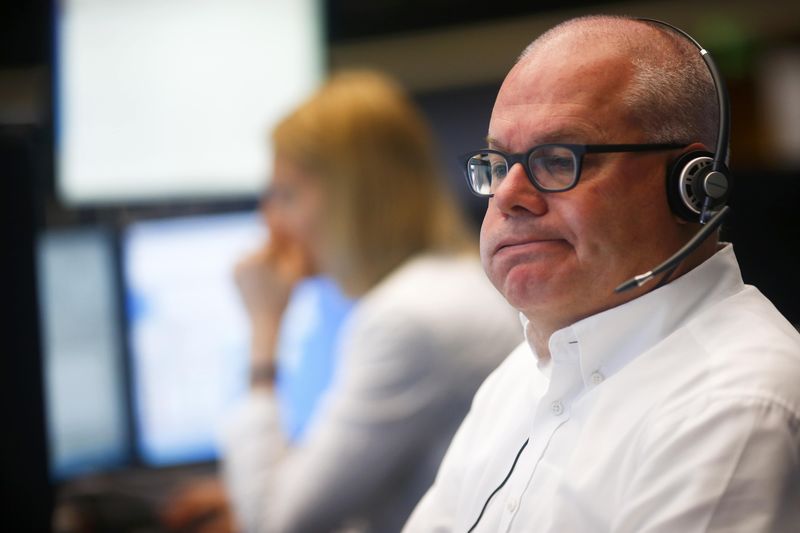(Repeats to fix formatting, no change to text)
* NZ firms developing high-end drones for filmmakers
* Aerial photo firms seek to gain from looser U.S. drone laws
* Drones much cheaper than helicopters to hire
* James Cameron backing NZ drone competition
By Naomi Tajitsu
RAGLAN, New Zealand, July 20 (Reuters) - Deep in New Zealand's dairying heartland, drone maker Aeronavics tests aircraft designed to corner the fast-growing emerging market for unmanned aerial vehicles in the film and television business.
The developer of drones used in the production of "Dr. Who" and the "Twilight" films is one of a stable of New Zealand firms that are using the country's reputation for innovation in the film industry to stake out claims to what is expected to be a drone boom in Hollywood.
The relaxation of U.S. rules for commercial drones late last year has sparked a race to develop flying camera platforms that, while priced upwards of $100,000 each, will still cost significantly less to hire than the jibs, cranes and helicopters studios currently use to capture swooping aerial shots.
Until now, cinematographers have bolted specialised add-ons like cinema-quality cameras to off-the-shelf drones that cost a few thousand dollars each. New Zealand's drone makers want to change all that, with sophisticated, purpose-built aircraft.
"A lot of drone technology companies got their start in the custom-build film and photography sector, and the New Zealand film industry has a global reputation as leading technology advances in film," said Chris Thomson, aviation manager at government technology incubator Callaghan Innovation.
New Zealand's drone makers are building on home-grown innovation including animation software used in the "Lord of the Rings" and real-time motion capture technology that brought facial expressions to life in "Avatar".
Backed by "Avatar" director James Cameron, the New Zealand government is holding a competition for developers of drones for the film industry, focusing on criteria such as flight stability, noise reduction and weather-proofing. First prize is NZ$50,000 ($32,625.00) and an expenses-paid trip to next year's National Association of Broadcasters trade show in Las Vegas.
FLEDGLING INDUSTRY
Aerospace and defence consultants the Teal Group expects the global drone industry to be worth $91 billion by 2024 compared with $6.4 billion in 2014.
Due to tight U.S. drone regulations, drone use in feature films until recently was limited to productions shot outside the United States, such as the rooftop chase scene in 2012's "007 Skyfall" filmed in Istanbul.
But the industry received a major boost late last year when Washington began to grant exemptions to the ban on commercial drone use on a case-by-case basis. Of nearly 700 exemptions issued by the Federal Aviation Authority by the start of July, roughly half covered aerial photography.
Aeronavics was one of the first drone makers to receive permission to fly.
The Raglan-based company plans to launch a series of aircraft later this year specialising in capturing images for cinema, broadcasting and live sporting events.
"Until now it's been about producing a drone and having customers imagine how it can work for them. There hasn't been an A-to-Z solution for different applications," Aeronavics co-founder Linda Bulk said.
LIGHTS, DRONES, ACTION
While current drones cannot replicate the height and stability of helicopter-mounted shots due to their limited payload and flying times, their ability to fly low and unobtrusively helps them capture close-up details and wide pans without cranes or other expensive equipment.
Daily rates to rent a drone for shooting purposes range between $10,000 and $15,000 per day, according to Los Angeles-based drone production firm Aerial MOB, while helicopter rentals can climb as high as $30,000 a day.
Queenstown-based Shotover Camera Systems' helicopter-mounted camera systems have been used in "Furious 7", "Jurassic World" and other blockbusters. Now it is also developing specialised drones with a six-figure price tag to meet demand for more nimble aerial camera platforms.
"A lot of people have been shooting with drones in the past few years but not really in the very high-end space, so that's where our business will operate," Shotover general manager Brad Hurndell said.
($1 = 1.5326 New Zealand dollars) (Editing by Stephen Coates)
